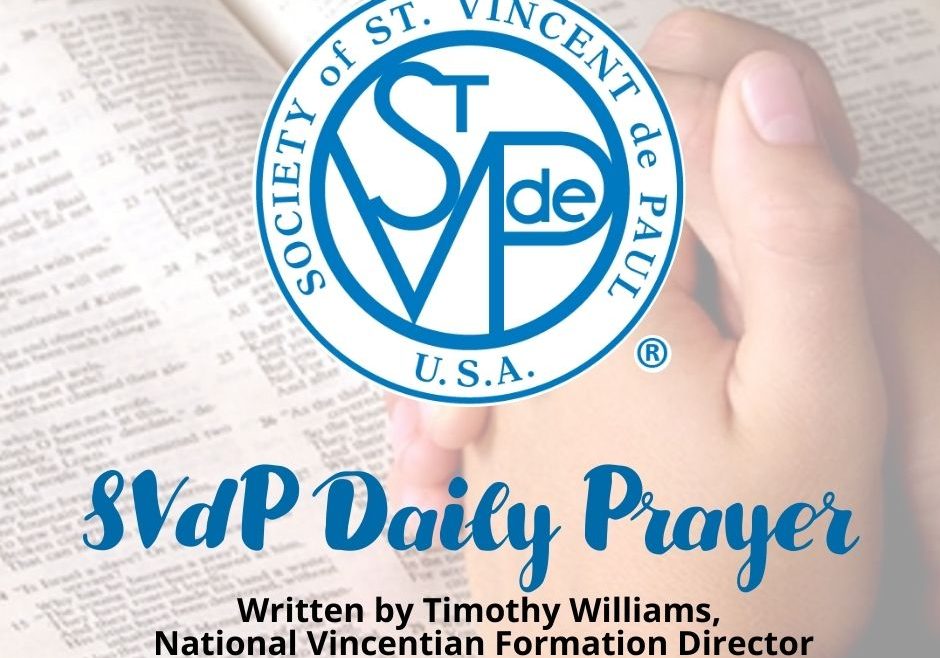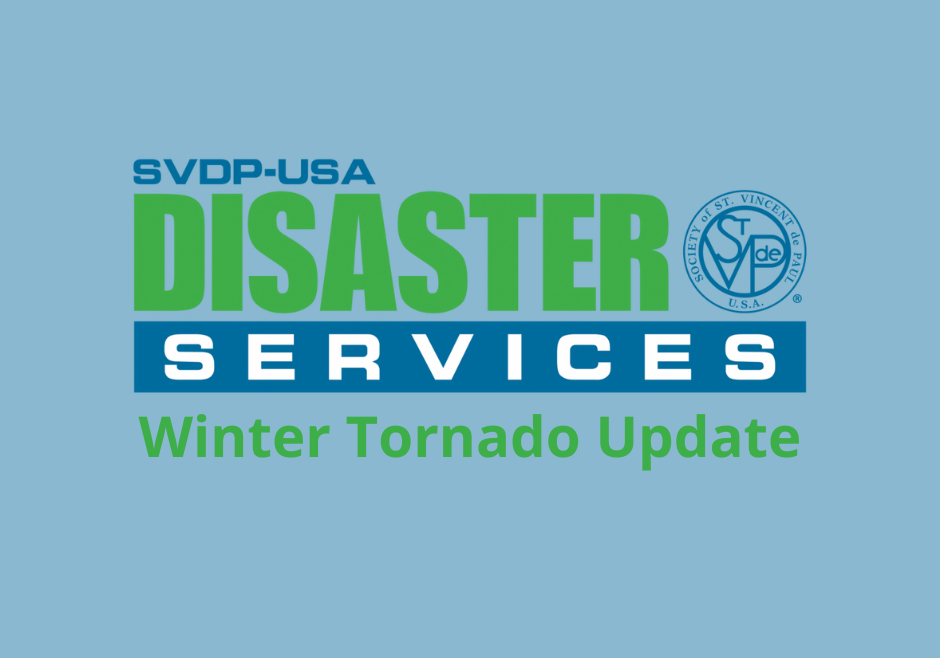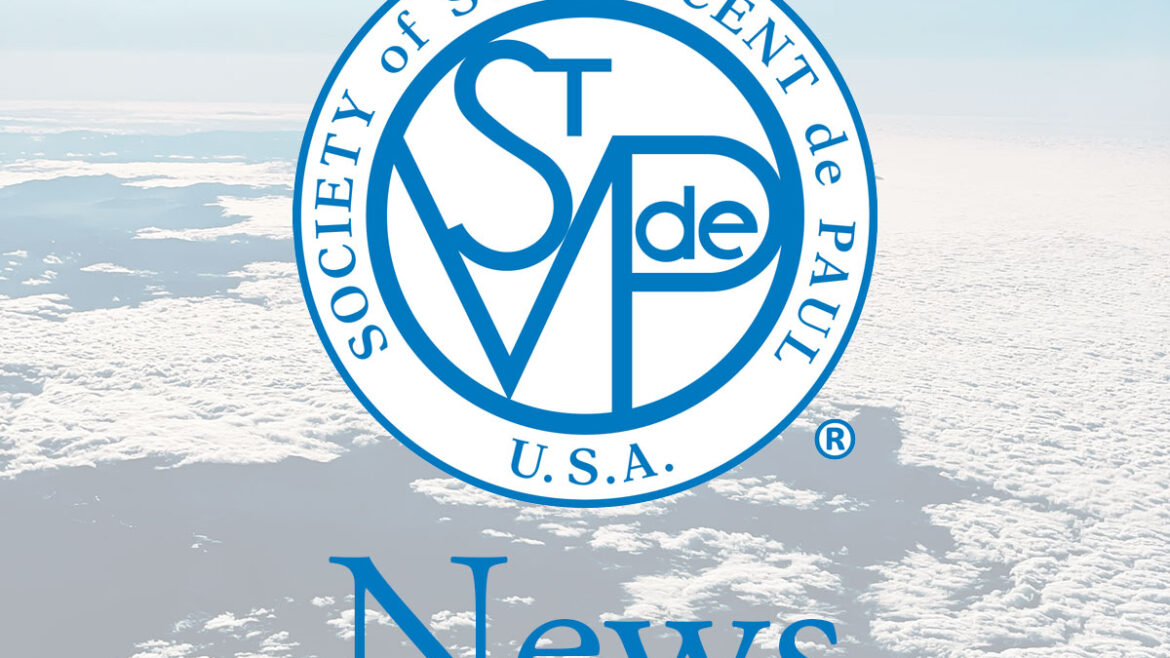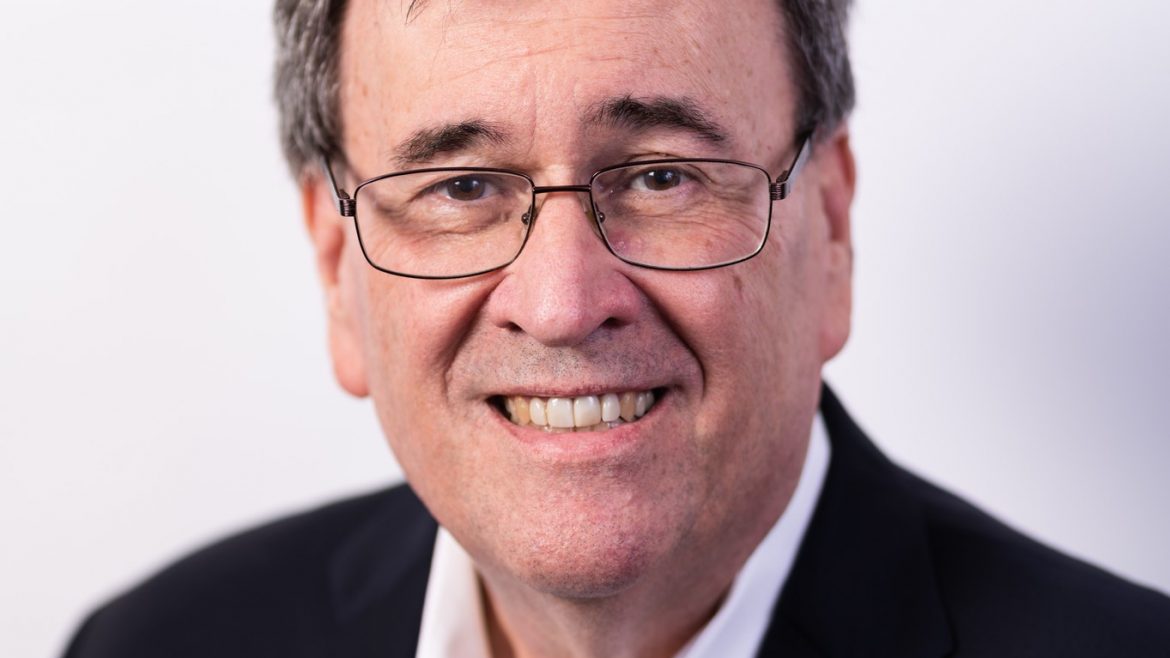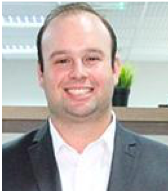”Ozanam is no longer with us to remind us of our primitive spirit,” remarked President-General Adolphe Baudon after Frédéric’s death in 1853. [Baunard, 407] Indeed, from the Society’s earliest days, Frédéric urged fellow members not to encumber themselves with restrictive or bureaucratic structures, nor to praise ourselves for our accomplishments, which might make us, he explained, “more eager to talk than to act… to forget the humble simplicity which has presided over our coming together from the beginning…” [310, to Amélie, 1841]
He urged his friends to imitate the life of our Patron Saint, “as he himself imitated the model of Jesus Christ.” [175, to Lallier, 1838] It is in imitating Christ that we capture the primitive spirit, the spirit that animated the early church. As Frédéric explained, “the faith, the charity of the first centuries … is not too much for our century.” [90, to Curnier, 1835]
Vincentians seek this primitive spirit by living our Vincentian Virtues, and especially the first three: simplicity, humility, and gentleness. These three, St. Vincent explained, come directly from Gospel teachings, and from the life of Christ. “The first,” he further explained, “concerns God; the second, ourselves; and the third, our neighbor.” [CCD XII:249]
Vincent often said that simplicity was his favorite virtue. In simplicity, we are dedicated to the truth, because God Himself is truth. In serving the truth, then, we serve both God and the neighbor. In serving the neighbor, Vincent taught, “how careful we must be not to appear wily, clever, crafty, and, above all, never to say a word that has a double meaning!” [CCD XII:246] Simplicity is faith, unencumbered.
Our humility reminds us that “all that God gives us is for others and that we can achieve nothing of eternal value without His grace.” [Rule, Part I, 2.5.1] We act as God’s instruments in serving the neighbor, unconcerned with receiving any credit or reward, because all the glory goes to God. Humility is hope, unencumbered.
Finally, we act with gentleness; with a tender love for all of our neighbors, as well as our fellow Vincentians. Gentleness, in our hearts and in our acts, means being kind, being patient, taking no offense when others may return our patience with impatience, our courtesy with rudeness. Gentleness is love, unencumbered.
This simple, humble, gentleness embodies the primitive spirit of the church and of our Vincentian vocation, as it was in the beginning, unencumbered.
“For God is especially pleased,” Frédéric wrote, “to bless what is little and imperceptible: the tree in its seedling, man in his cradle, good works in the shyness of their beginnings.” [310, to Amélie, 1841]
Contemplate
How can I unencumber the primitive spirit in my service and in my Conference?


